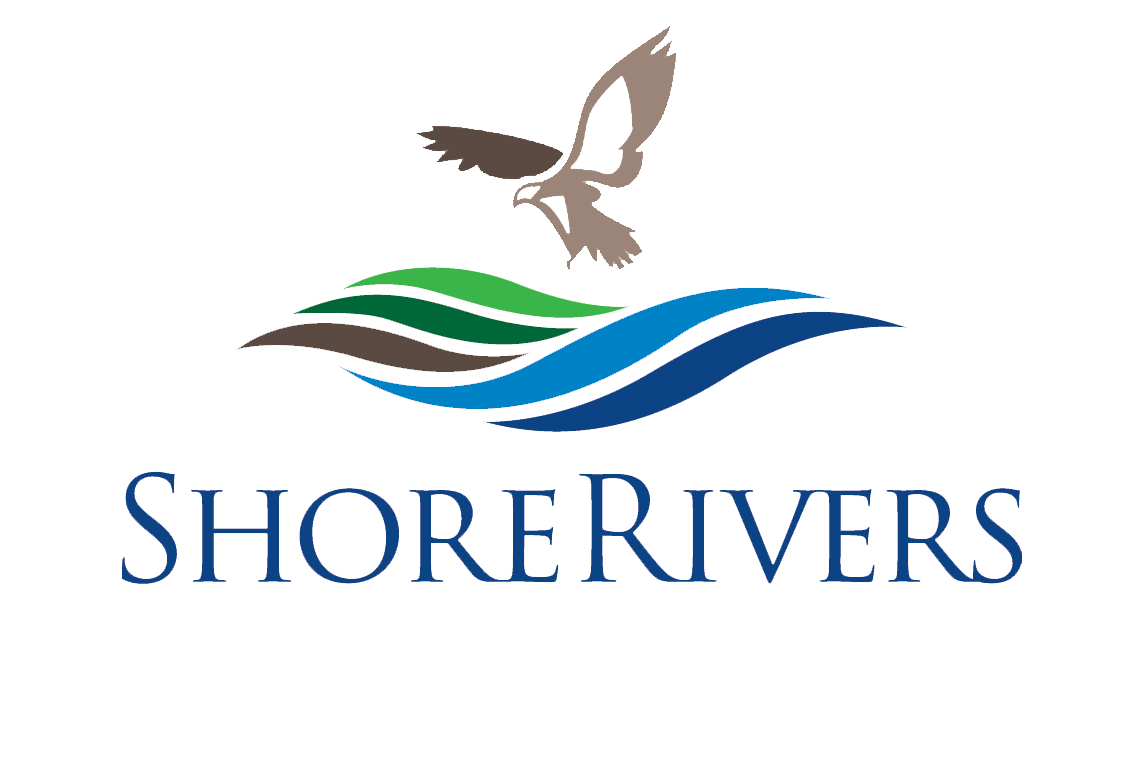ShoreRivers’ advocacy work is led by its four Riverkeepers: Matt Pluta, Choptank Riverkeeper; Annie Richards, Chester Riverkeeper; Ben Ford, Miles-Wye Riverkeeper; and Zack Kelleher, Sassafras Riverkeeper. Throughout this year’s legislative session, the organization will work to protect our local rivers against the major issues that impact water quality on the Eastern Shore.
Now that the Maryland General Assembly has reconvened for the 447th Legislative Session, ShoreRivers’ advocacy efforts are in full swing. The organization’s advocacy work, which is led by the Riverkeepers, is fundamental to creating system-wide change to protect local rivers against the major issues that impact water quality on the Eastern Shore.
This is a pivotal year for the State of Maryland and all Chesapeake watershed states, as government leaders work with the Environmental Protection Agency’s Chesapeake Bay Program to revise and strengthen a new Chesapeake Bay Agreement that will guide restoration work in years to come. ShoreRivers and fellow clean water advocates see 2025 as an opportunity to bolster Maryland’s efforts to implement this new agreement by advocating for strong policies that protect our natural resources and local rivers. Findings from the Chesapeake Bay Program’s CESR Report (A Comprehensive Evaluation of System Response) continue to influence ShoreRivers’ priorities and complement the Bay Agreement’s vision for restoration goals for years to come.
These efforts are no small challenge, as fiscal pressures loom large this session due to a 2+ billion-dollar deficit facing the state coupled with current financial instability at the federal level. This pressure, combined with Maryland’s focus and attention to meet renewable energy goals, means that ShoreRivers and our members will be working harder than ever to shine a spotlight on Eastern Shore water quality — and the policies we need to protect and restore our rivers.
Key efforts this year include the following, though additional bills and legislation are likely to be added to this list as they are introduced and prove to be in line with ShoreRivers’ mission of protecting Maryland’s Eastern Shore waterways through science-based advocacy, restoration, education, and engagement.
The Nearshore Farming and Finance Act (SB898/HB1175), a bill that will increase nutrient application setbacks and improve incentive programs for nearshore habitat restoration on agricultural operations within the Critical Area. This bill will also establish the state’s first incentive payments for leased land agricultural operators.
The Maryland PFAS & Sewage Sludge bill (SB732/HB909), which will establish testing requirements to identify PFAS concentrations in biosolids and set enforceable limits to prevent further contamination, protecting Maryland’s food and water sources and ensuring a healthier future for all.
A bill to improve On–Site Sewage Disposal Systems in Climate Vulnerable Areas (HB671), which will limit septic siting within the 500 year floodplain, and ensure that low-income households have access to Bay Restoration Funding to make necessary improvements to failing or poor performing units in climate vulnerable areas.
Defending important funding sources through budget advocacy will be another important priority for ShoreRivers this session. With conflicting pressures from the Bay Program’s goals of accelerated restoration work and a budget deficit pressuring Maryland legislators and advocates to “do more with less,” ShoreRivers is committed to defending historically beneficial environmental funds such as the Bay Restoration Fund, the Coastal Trust Fund, the Chesapeake Bay Trust, State Aided institutions, and Program Open Space, and funding appropriated through the Tree Solutions Now Act 2021.
At ShoreRivers, we engage in legislative advocacy because addressing non-point source pollution — or "runoff pollution," the leading contributor of pollutants to our rivers — is often most effective by updating policies that address modern challenges and support restoration goals. By combining locally driven restoration efforts with river-friendly policies, we are encouraging the behavioral changes needed to improve land use practices and better manage the landscapes responsible for nutrient and sediment runoff. ShoreRivers looks forward to a productive legislative session with members of the General Assembly and fellow environmental advocates. Visit shorerivers.org to learn more about this important work.

